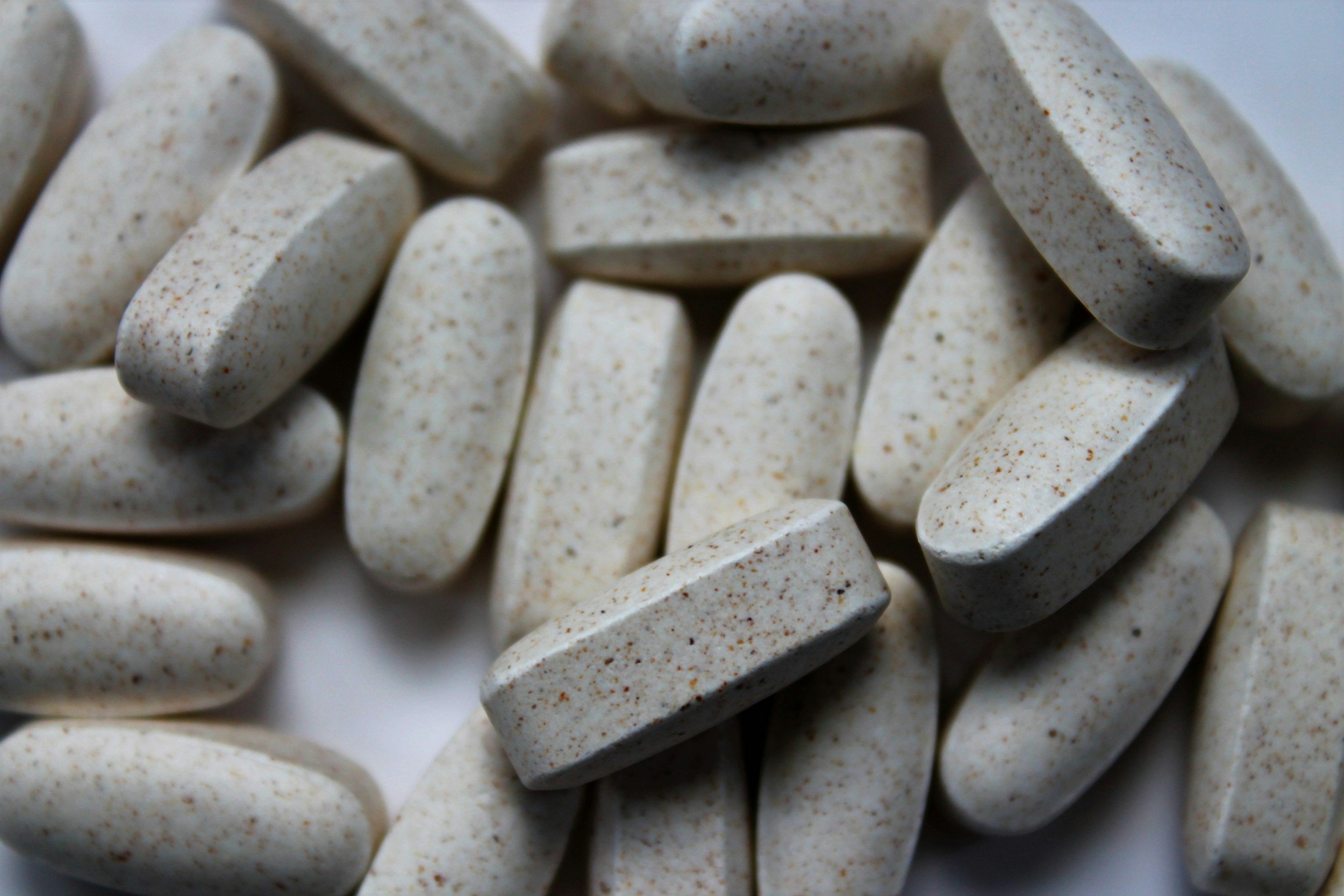Nutrient Absorption Changes During Pregnancy
Nutrient Absorption Changes During Pregnancy
Pregnancy is a time of profound transformation, not just for the growing baby but for the mother’s body as well. Among the many changes that occur, one of the most fascinating is how a woman’s ability to absorb and process nutrients adjusts to meet the demands of pregnancy. These changes ensure that both the mother and baby have the nutrients they need to thrive.
It’s important to know how your body adapts to nourish your baby—and how you can support these changes through a mindful approach to your diet.
The Changing Needs of Pregnancy
Pregnancy increases your body’s nutritional requirements, sometimes significantly. Your body needs more calories, vitamins, and minerals to support the growth of your baby’s tissues, organs, and skeletal system, while also maintaining your own health.
But simply eating more isn’t enough; your body becomes more efficient at absorbing key nutrients to meet these heightened demands. Here’s how it happens:
Increased Absorption of Key Nutrients
Iron
Iron is crucial for producing the extra blood your body needs during pregnancy. To meet the increased demand, your body becomes better at absorbing dietary iron—especially heme iron from animal-based foods. However, many pregnant individuals still struggle to get enough iron, which can lead to anemia. Pairing iron-rich foods with vitamin C sources can further enhance absorption.
Calcium
Calcium is vital for your baby’s developing bones and teeth. During pregnancy, your intestines increase their efficiency in absorbing calcium from food. This adaptation is so effective that even if your dietary intake remains the same, your body can usually meet the increased need.
Folate
Folate is essential for preventing neural tube defects in your baby. Early in pregnancy, your body enhances the absorption of this vitamin. For this reason, it’s recommended to consume folate-rich foods like leafy greens, alongside a prenatal vitamin containing L-methylfolate, also known as L-5-MTHF.
Vitamin D
Vitamin D plays a key role in calcium absorption and supports your baby’s bone development. While the body’s ability to absorb vitamin D doesn’t dramatically increase during pregnancy, ensuring sufficient levels through diet or supplementation is crucial.
Gastrointestinal Adaptations
Pregnancy hormones, such as progesterone, also influence your digestive system. These changes can enhance nutrient absorption but may also cause discomforts like constipation, nausea, and heartburn. Here’s how these adaptations affect you:
Slower digestion: Progesterone relaxes the muscles in your gastrointestinal tract, slowing digestion to allow more time for nutrient absorption.
Increased nutrient transport: The placenta facilitates the transfer of nutrients like glucose and amino acids directly to your baby.
Supporting Nutrient Absorption During Pregnancy
While your body is designed to adapt to the demands of pregnancy, you can further support these changes with intentional nutrition practices:
Eat nutrient-dense foods: Focus on whole foods rich in vitamins and minerals, like fruits, vegetables, lean proteins, legumes, and organic/grass-fed dairy.
Pair nutrients for better absorption: Combine iron-rich foods with vitamin C sources (e.g., spinach and citrus) or fat-soluble vitamins (like vitamin D) with healthy fats.
Stay hydrated: Adequate hydration supports digestion and nutrient transport.
Take a prenatal vitamin: A high-quality prenatal vitamin ensures you meet the increased demand for critical nutrients.
Address gastrointestinal issues: Speak with your nutritionist about managing common pregnancy-related digestive challenges.
Final Thoughts
Pregnancy is a remarkable journey of adaptation and growth. Understanding how your body’s nutrient absorption changes can empower you to make informed choices that benefit both you and your baby.
If you have questions about tailoring your nutrition to pregnancy, feel free to reach out to Sarah Palamara Nutrition. Together, we can create a personalized plan to support you through this incredible phase of life.
About Sarah Palamara Nutrition
Sarah Palamara is a registered dietitian/nutritionist dedicated to helping individuals achieve optimal health through evidence-based guidance. With a passion for women’s health and prenatal nutrition, Sarah empowers clients with the tools they need to feel confident and nourished during pregnancy and beyond.




